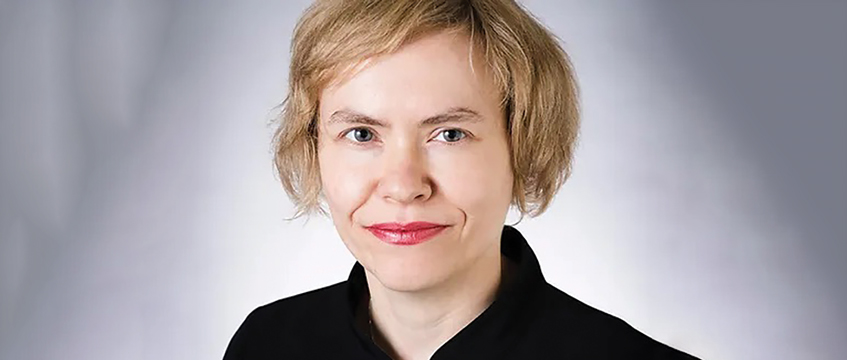COMMENT The latest government estimates indicate that one in five people in the working-age population are classed as disabled – with 33% having a long-term health condition.
An estimated one in seven of us in the UK are neurodiverse, and around one in four of us will experience mental ill health at some point in our lifetime. This means we are all likely to have been impacted by either having a visible or invisible disability ourselves, or knowing someone who has.
Despite that, the real estate sector, now quite openly discussing the importance of representation around gender and ethnicity, is disconcertingly quiet about these issues.
Enter AbilityRE – the recently formed non-profit aimed at driving diversity, equity, inclusion and accessibility within the real estate and built environment sector. AbilityRE’s single purpose is to make real estate a better place for people of all abilities. We passionately believe that by increasing the diversity profile of the real estate industry, we will naturally improve the inclusivity of the built environment to the benefit of all.
Change of mindset
The principles of inclusive or universal design (design which includes as many people as possible) have been around for quite some time, but still too many people in the UK find their lives needlessly and frustratingly restricted by features of the built environment that make workplaces, services and even social interaction inaccessible.
Many built environment professionals will understand common barriers such as steps without ramps or lifts, a dearth of automatic push-button doors and lack of accessible parking or bathrooms. But what about cultural barriers, subconscious bias, and our reluctance to accept and accommodate different ways of working?
As an industry we have a moral imperative to change. Physical inclusion is absolutely mirrored and partnered by economic, social and political inclusion. The way places are built and designed are among the biggest determinants of life chances and inequalities.
Although a growing number of progressive architects and designers in our industry realise that the best environments are accessible for all, mindsets in the industry as a whole are slow to change. Many organisations claim to be disability inclusive, and have a genuine desire to be, but they are perhaps unsure how to start, or unwilling to change long-established processes to make a proactive impact.
There are plenty of challenges to be overcome. Many architects and designers, for example, include only the minimum accessibility regulations mandated, and retrofitting at a later date is often more expensive and limited in what can actually be achieved.
There is still not enough good education around the issue of disability and neurodiversity inclusion. Disability culture and heritage is not generally taught in our schools and colleges, or embedded in built environment-focused courses, so disabled voices are largely unheard. Disability and neurodiversity need to be embedded in the education of built environment professionals to inform and guide the creation of better spaces, the making of better environments, the use of better materials, and more.
Developing best practices
This grows increasingly vital as we live and work longer than ever before, and become increasingly likely to face these challenges during our working lives.
To help us achieve our purpose, AbilityRE will be working closely with a small group of strategic partners across, but not limited to, the real estate industry. Gerald Eve has already signed up to partner with AbilityRE and we hope to announce more endeavours shortly. We are also working with industry governing bodies, including the RICS and RTPI, to support and develop best practices relating to disability, neurodiversity, long-term health and mental ill health across those organisations, their member groups and companies.
We firmly believe that when the industry has a broader lived experience and understands who they are designing for, we will blend function with form to create beautiful, accessible spaces – not to mention job opportunities for many capable and talented people to whom the industry has previously been a closed door.
Emma Jackson is communications lead for AbilityRe











